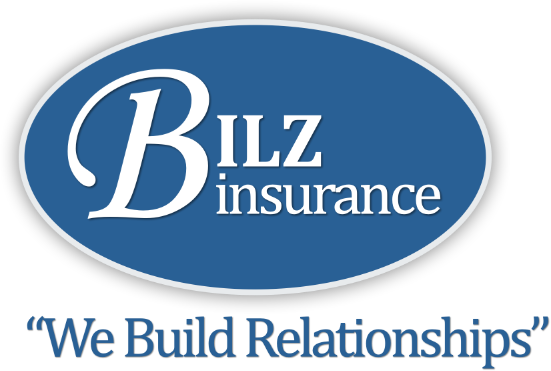Have you ever wondered why your insurance carrier wants to exclude one of your employees as a driver? Did you know YOU can be held accountable if they are involved in an auto accident and injure someone when they are driving on your behalf? We wanted to share this excellent article from The Edge (http://amwins.com/insights) and it's author, "Bill McCoy, Managing Director and Underwriter with AmWINS Program Underwriters:" You’ve seen it before – a good employee makes a horrible decision in his or her personal vehicle. What are the implications for your company if the employee’s license is revoked, cancelled, or suspended due to alcohol, controlled substance or felony violations?
If the employee in question is a CDL driver, he or she will lose driving privileges for one year. But what if he or she doesn’t hold a CDL, but instead drives a sales car or pick-up truck? What if the incident involves excessive speed, reckless driving or bodily harm? What happens then?
As an employer, you are caught in the balance between a good employee and the potential for vicarious liability, which holds you responsible for the actions or omissions of another person – in this instance, your employees. As a result, you need to understand the “Doctrine of Negligent Entrustment” and the potential impact that your employees’ decisions can have on your business.
In its general form, the Doctrine of Negligent Entrustment states:
“It is negligent to permit a third person to use a thing or to engage in an activity which is under the control of actor, if the actor knows or should know that such a person intends or is likely to use the thing or to conduct himself in the activity in such a manner as to create an unreasonable risk or harm to others.”1
The legal interpretation of the principle of “negligent entrustment” is not founded upon negligence of the driver of an automobile, but upon the primary negligence of the entruster in supplying an automobile to an incompetent driver. In other words, the employer knew or should have known of the employee’s incompetence, but in spite of this knowledge, the employer entrusted the vehicle to the driver in the scope of his work. The employer may therefore be guilty of negligent entrustment.
What can you do to protect your company?
It is important to be proactive in managing your drivers, both as part of your fleet safety program and to effectively maintain your CDL files. Below are some helpful tips for making this process easier and more efficient:
1) Develop a company policy for MVR evaluations (CDL & all other drivers) that must be signed by the employee. A minimum three-year evaluation period is effective.
2) Evaluate MVR at time of hire and annually thereafter (using a minimum time standard). 3) Establish guidelines for reporting major violations (such as DUI, reckless driving, chargeable accidents) immediately, regardless of whether the incident occurs in a personal or company vehicle.
4) Develop a company policy for personal use of company vehicles that must be signed by the employee.
5) Develop a company policy for “occasional” drivers (for example, office employees who may drive to the bank or post office during the course of their work.)
6) Develop a company policy for employees who may use their personal vehicles for company business (for example, outside sales people). Establish minimum limits that they must carry.
7) Provide driver training programs.
In addition to the above suggestions, other options may exist for managing an employee with a history of driving infractions, including placing that individual in a non-driving role. However, doing so may affect other roles and responsibilities within your organization.
As an employer, it is important to remember that the consequences of allowing an employee with a less-than-perfect driving record extend beyond a possible traffic violation or accident. Due to the Doctrine of Negligent Entrustment, an employer must be aware of the potential liability to his or her company from allowing an employee with a poor driving history to operate any motor vehicles for work purposes.
